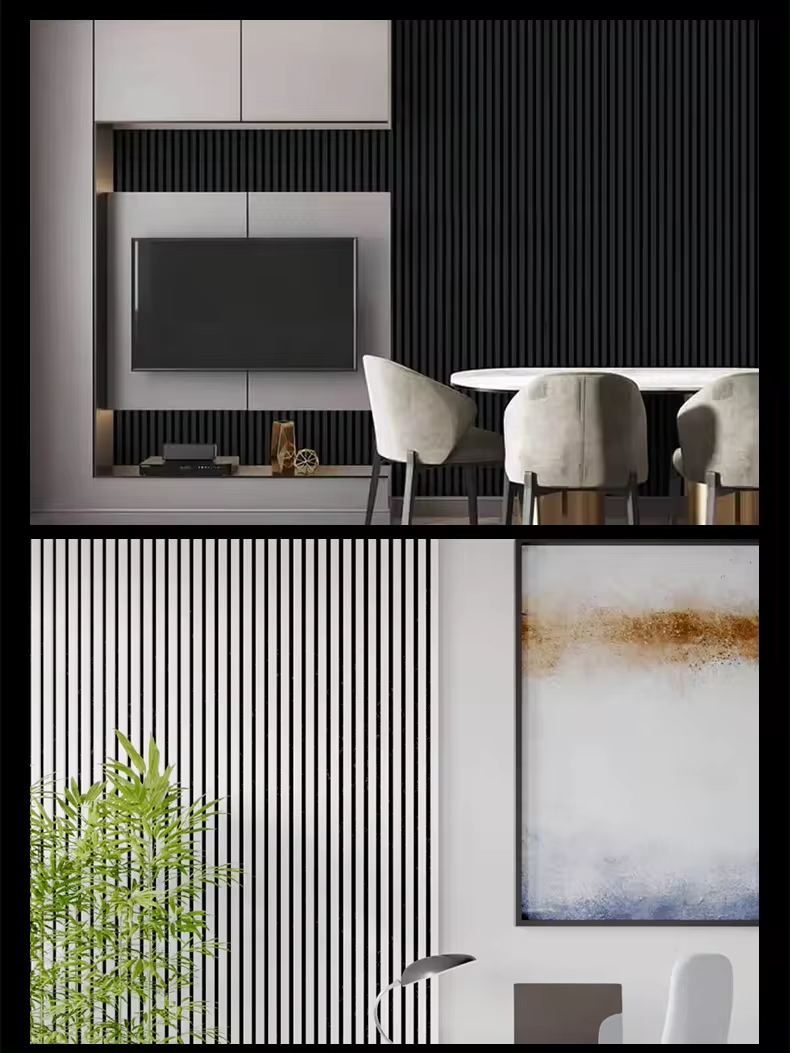The Versatility of Acoustic Felt Fabric Sound Absorption and Aesthetic Appeal
In today’s fast-paced world, noise pollution has become a significant concern for both individuals and businesses. Whether in open office spaces, recording studios, or bustling urban environments, excessive noise can impact productivity, communication, and overall well-being. This is where acoustic felt fabric comes into play. Renowned for its excellent sound-absorbing qualities, acoustic felt fabric not only serves a practical purpose but also enhances the aesthetic qualities of various spaces.
What is Acoustic Felt Fabric?
Acoustic felt fabric is a specialized material designed to reduce noise levels through sound absorption. Made primarily from recycled polyester fibers, this eco-friendly fabric is characterized by a dense yet soft texture that traps sound waves, minimizing their reverberation and echo within a room. Its unique properties make it suitable for a range of applications, from residential interiors to commercial architectural projects.
How Does Acoustic Felt Fabric Work?
The effectiveness of acoustic felt fabric lies in its porous structure
. Unlike hard surfaces that reflect sound, the fibrous composition of felt helps dissipate sound energy by absorbing sound waves. This capability makes it an invaluable resource for spaces where noise control is essential, such as concert halls, theaters, offices, and educational institutions.When sound waves hit the surface of acoustic felt, they penetrate its layers, losing energy in the process. The thickness and density of the fabric directly affect its sound absorption capability, with thicker materials providing greater acoustic benefits. Additionally, acoustic felt can be treated with various coatings to enhance its performance, fire resistance, and durability.
acoustic felt fabric

Applications of Acoustic Felt Fabric
Acoustic felt fabric is incredibly versatile and can be used in a multitude of applications. In residential settings, it can be employed in wall panels, window treatments, or as an underlayment for flooring to reduce sound transmission between rooms. In commercial environments, it’s often utilized in the design of meeting rooms, open office layouts, and collaborative spaces to improve concentration and communication.
Moreover, acoustic felt is increasingly being used in creative design projects. Architects and interior designers are incorporating this fabric into innovative furniture pieces, such as sound-absorbent room dividers, acoustic ceiling tiles, and decorative wall art. By blending functionality with visual appeal, acoustic felt enhances acoustic comfort while adding to the aesthetics of a space.
Environmental Considerations
With a growing emphasis on sustainability, many manufacturers now produce acoustic felt from recycled materials. This not only reduces waste but also promotes a circular economy. The use of eco-friendly materials in soundproofing solutions aligns with the broader trend towards sustainable living and environmentally responsible design.
Conclusion
In summary, acoustic felt fabric is more than just a practical solution for sound absorption; it represents a significant advancement in the design and functionality of modern spaces. Its ability to mitigate noise while offering versatile applications makes it a staple in various industries. As we continue to prioritize the quality of sound environments, acoustic felt fabric will undoubtedly play a crucial role in creating spaces that are not only quieter but also more aesthetically pleasing. The future of architecture and interior design is not just about visual beauty; it’s about crafting harmonious environments that promote well-being and productivity. As we embrace innovative materials like acoustic felt, we move towards a world where comfort and style coexist seamlessly.
